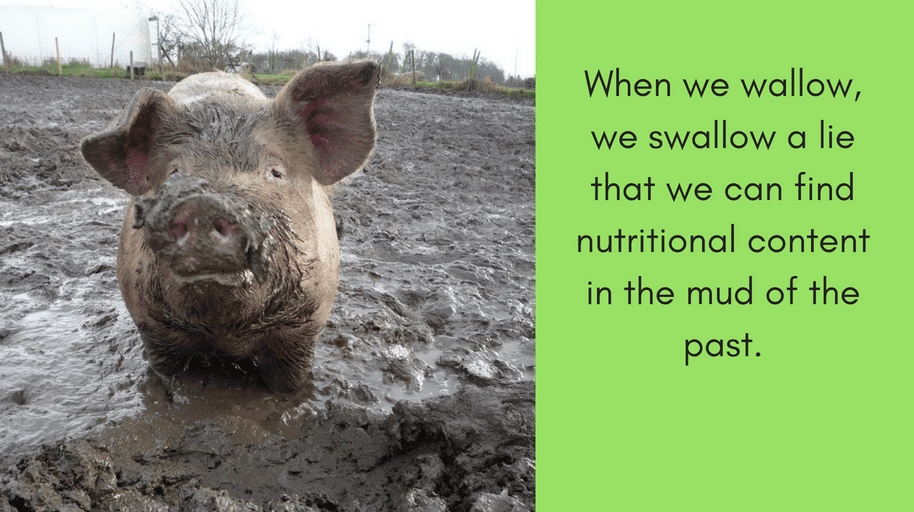Life can hand us a bunch of questions with few answers. But there is something inviting in a question, and so we explore a road less travelled.
When Bob climbed into the passenger seat next to me, I could see that something was wrong. He wasn’t his normal cheery self. It was like a question had gripped his thinking.
Have you ever had that experience? Something has happened in your life, and with a sense of shock, you are consumed with trying to understand it.
I have many questions.
If you have lived for a few years, you will most likely have a closet full of questions.
Its that place where you store away those questions that haven’t been answered yet.
Or maybe they have been answered, but not to your full satisfaction.
I’m talking questions of the heart.
Perhaps the answer given was glib.
A nice, pretty sterilized bandaid used to avoid exposure to the rawness of the pain.
Few of us genuinely want to hear the rawness of another’s pain. We don’t even want to go near our own.
I have few answers
The older I get, I find that I have many questions and few answers.
Recently I have been listening, via Daily Audio Bible, to Job and Ecclesiastes.
Now here are a couple of books that inspire joy and overflowing positivity!
Job sits in torn clothes and a pit of ashes. His world has been thrown upside down and shaken to its core.
But why? He questions everything, especially God. His so-called friends question him and tell him their less than helpful answers.
The writer of Ecclesiastes seems to be stuck in a well of hopelessness.
“Meaningless! Meaningless!”
says the Teacher.
“Utterly meaningless!
Everything is meaningless.” Ecclesiastes 1:2
How about that as a sales pitch for success!
I have a God that questions my questions
One of the delights of the book of Job is how God responds to Job and his friends.
Job asks questions. God responds with questions.
The questions God asked Job to answer were of a nature that no man could answer, put in a box and say ‘There I have the answer’.
I have some questions for you,
and I want some straight answers.
Where were you when I created the earth?
Tell me, since you know so much!
Who decided on its size? Certainly you’ll know that!
Who came up with the blueprints and measurements?
How was its foundation poured,
and who set the cornerstone,
While the morning stars sang in chorus
and all the angels shouted praise? Job 38
Job is cognitively invited to see his questions in the context of something bigger than himself.
There is a larger story going on, and we are invited to be part of it.
You don’t have to have the answers to gain entry.
Actually, those with the questions are more likely to hear the bigger God questions that truly matter, and that shape and form one’s wholeness.
The fire scorched adult you are becoming.
Every one of us will, at some stage, go through a Job experience. It might not be as dramatic as Jobs with loss of family, wealth, and health, but we will all taste the ashes of loss.
It could be the betrayal in a marriage or the death of a friend. The loss of a job or a crippling car accident. Cancer eating your body and fire burning your house.
There’s a mill, a grindstone, a storm, and a place of fire that we all pass through—a place where everything seems meaningless and hopeless.
It’s a time where you’re invited to reassess all that you have believed in.
-
- Is God good?
- Am I loved?
- Do I have worth?
- Is it ok to change some of my beliefs?
Perhaps the place that gave you the answers as a child no longer provides the answers for the fire scorched adult you are becoming.
Trust is built on cognitive assessments.
I once was pastorally coaching a man with a severe addiction problem. His wife had had enough and had told him the marriage was over.
He was in the fire of change, and he didn’t like the taste.
He asked what he should do. So we talked about her past and how she had suffered abuse and needed a deep sense of security. The facts were that he was untrustworthy and an abuser of her trust.
We had to give her, via his observed behaviors, new factual evidence that he was doing things differently.
So he became religious, in a good sense, of creating new habits. He did it for himself first. The change was for his own sake, and that if it restored his marriage, then that would be a bonus.
He questioned his beliefs and didn’t like the answers. We rebuilt his life, and the marriage was restored.
Spiritual formation and a good question
I want to listen to people with questions. I probably don’t have the answers, but the joy is to see that they are actually questioning things.
To just accept everything and go along in a trance of what others tell you shows little desire for growth or depth. That power, contained in a good storm or fire, has left no maturing mark.
Spiritual formation happens at that crossroads where there is a question.
Do I explore the road less traveled, or do I take the familiar, but old, and less than satisfactory route?
We need to, as Parker Palmer would say ‘hear each other into deeper speech’.
Bob, can I ask you something?
[click_to_tweet tweet=”Mental health is … exploring the questions for the questions that are underneath #faith #questions #mentalhealth” quote=”Mental health is … exploring the questions for the questions that are underneath”]
Questions?
Comments?
Email me 🙂📨
barry@turningthepage.co.nz
Quotes to consider
- Learn to respond to others with honest, open questions instead of counsel or corrections. With such questions, we help “hear each other into deeper speech.” Parker J. Palmer.
- When you speak to me about your deepest questions, you do not want to be fixed or saved: you want to be seen and heard, to have your truth acknowledged and honored. Parker J. Palmer.
- Good work is relational, and its outcomes depend on what we are able to evoke from each other. Parker J. Palmer
- It is usually most helpful to ask questions that are more about the person than about the problem. Parker J. Palmer
- There are questions which illuminate, and there are those that destroy. We should ask the first kind. Isaac Isador Rabi.
Questions to answer
- Do you have a closet full of questions? Ones that you have subconsciously stored away but now and then make their unwelcome appearance? What are those questions?
- Under one question, there may well be other questions. What is the question under the question that simply needs acknowledgment at being there?
- What shapes us more? Our questions or our answers?
Further reading
By Barry Pearman
Photo by xandtor on Unsplash

Barry is a writer, coach, and course creator that has a passion for Mental Health and Spiritual Formation.
Get two free ebooks. One about Depression and one about Spiritual Exercises that will help your Mental Health





